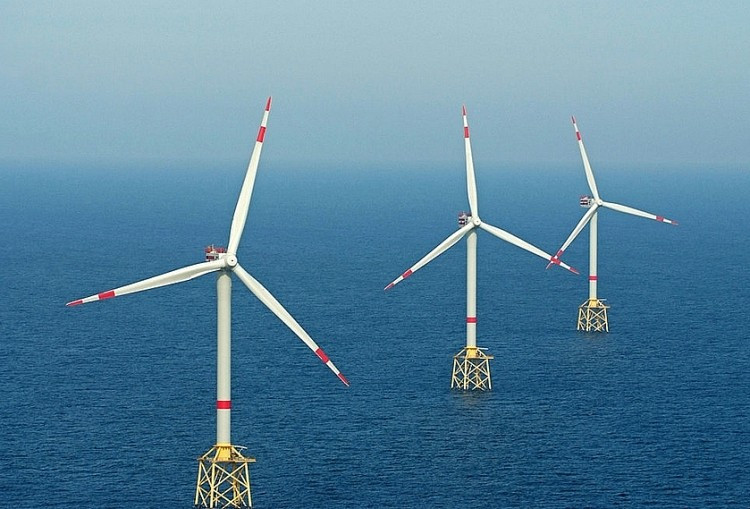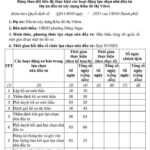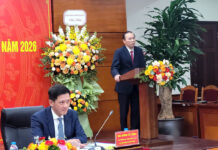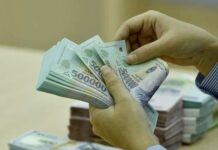In the draft Resolution on addressing challenges for energy development during the 2026-2030 period, the Ministry of Industry and Trade (MoIT) identifies the complex and inconsistent investor selection process as a primary reason why many power projects remain on paper. Despite being included in the national power development plan, projects still require re-approval of investment policies, repeated documentation, and multiple evaluations, leading to prolonged timelines and resource wastage.
To address this, MoIT proposes waiving the investment policy approval procedure for power projects already included in the adjusted Power Master Plan VIII, except for those of special importance or located in sensitive defense and security areas. Additionally, the draft allows 100% state-owned enterprises to invest in transmission projects, urgent projects, or those critical for energy security, ensuring timely and unified implementation.
For remaining projects, the draft suggests a competitive bidding process for investor selection, with the winning electricity price serving as the basis for financial negotiations and power purchase agreements.
Notably, offshore wind power is highlighted as a key component of Vietnam’s energy transition strategy. However, current regulations lack consistency, particularly in sea surveys, sea area allocation, licensing authority, survey costs, and investor selection criteria.

Proposed minimum charter capital of VND 10,000 billion for offshore wind power investors.
To ensure the feasibility of offshore wind projects, MoIT proposes specific investor requirements. Investors must operate in the power sector, have a minimum charter capital of VND 10,000 billion, own at least 15% of the total investment, possess experience in large-scale projects, and secure approval from the Ministries of National Defense, Public Security, Finance, Construction, and Agriculture & Environment.
According to MoIT, these requirements aim to safeguard national defense, maritime sovereignty, and the safety of the national power grid.
Another critical aspect is the exemption or reduction of sea area usage fees and the application of investment incentives under current laws. Projects approved before January 1, 2031, will benefit from a long-term minimum contracted electricity volume of up to 90% of the multi-year average, facilitating international capital mobilization.
Regarding LNG-fired power, MoIT considers it essential for grid stability amid the growing share of weather-dependent renewable energy. However, projects face significant challenges related to gas offtake agreements, electricity pricing, and power purchase agreement durations.
MoIT recommends a two-part tariff mechanism (capacity and energy prices) aligned with international practices and a long-term minimum contracted electricity volume of at least 75% of the multi-year average.
Phú Hòa Lake Urban Area Selects New Investor After Over a Decade of Dormancy
After over a decade of stagnation, the Phu Hoa Lake urban-tourism-cultural-sports complex has finally seen a breakthrough. The People’s Committee of Gia Lai Province has approved the selection of a new investor for this nearly 280-hectare project, with a total investment capital of approximately VND 22,000 billion.
Hanoi Accelerates Progress on 7,000 Billion VND Urban Development Project Delayed for 15 Years
The Hanoi People’s Committee has tasked the Dong Ngac Ward People’s Committee with inviting bids for the Vibex Urban Area Investment and Construction Project. This international open tender will follow a single-stage, single-envelope bidding process, commencing in Q4/2025.
Unlocking Vietnam’s Massive Potential: Insights from Petrovietnam’s Deputy General Director
To maximize this potential, the key factor lies in establishing robust cross-border cooperation mechanisms. This requires seamless connectivity and collaboration not only among energy enterprises but also between governments within the region. By pooling resources and developing synchronized infrastructure, we can unlock the full capabilities of this opportunity.
Vietnamese Billionaire Pham Nhat Vuong Set to Bring Century-Old European Dream to Life with $10 Billion Can Gio Mega Project
Vinhomes Green Paradise Can Gio is unveiled as the epitome of an ESG++ urban development, setting a new benchmark for sustainable and innovative living.













































